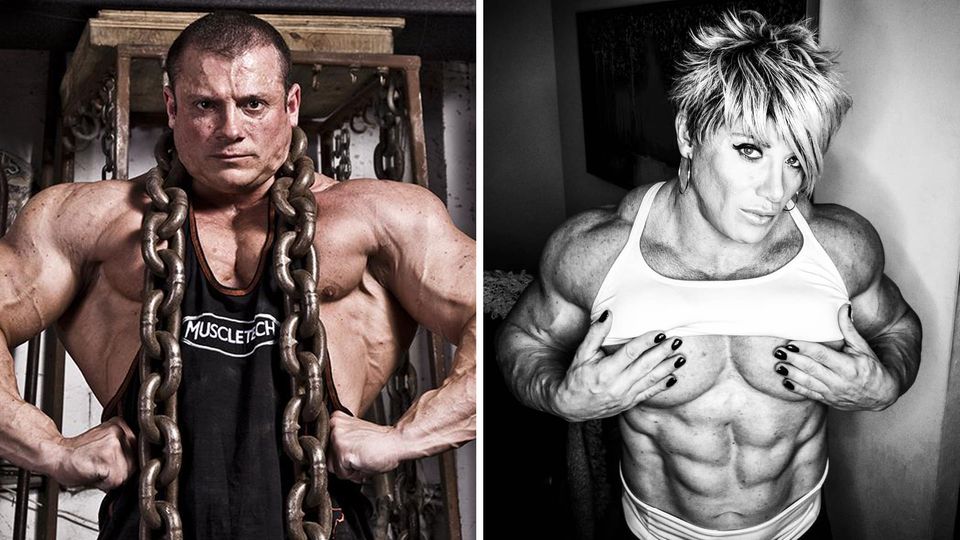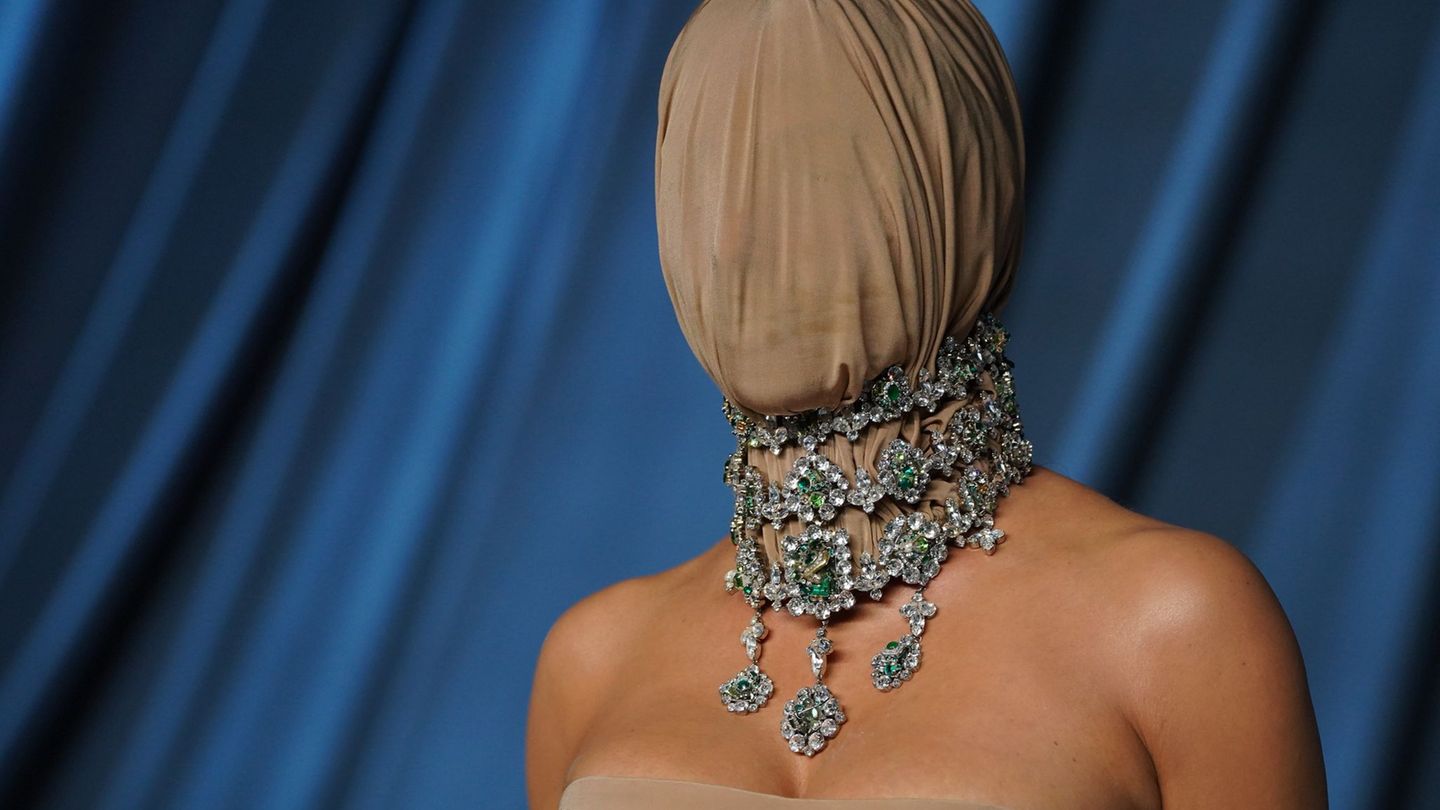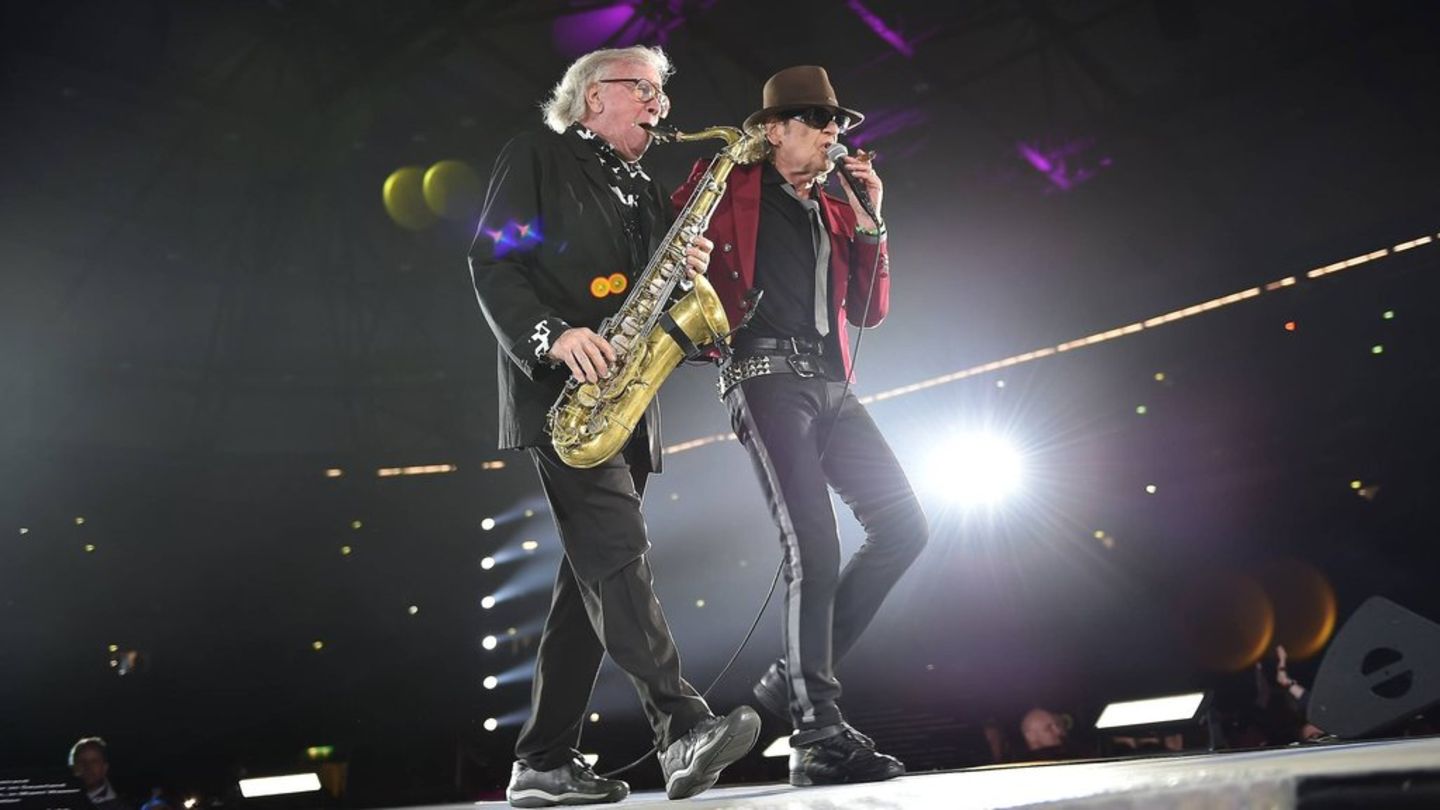Her participation is a novelty: Laurel Hubbard is the first transathlete to take part in the Olympic Games. In Tokyo, the weightlifter will compete in the 87-kilo category for women – triggering protests.
New Zealand weightlifter Laurel Hubbard is making sports history by becoming the first transgender athlete to compete in the Olympics. In Tokyo, Hubbard will be competing for New Zealand in the women’s 87-pound category in a few weeks’ time. “I am grateful and humble for the kindness and support I have received from so many New Zealanders,” said the 43-year-old in a statement released by the New Zealand Olympic Committee on Monday.
Despite vehement criticism, their participation in the Olympics complies with the rules: The International Olympic Committee (IOC) changed the rules in 2015, allowing trans women with testosterone levels below a set threshold to take part in women’s competitions. Hubbard’s testoterone level is below this mark.
“A bad joke”
Critics: Irrespective of this, see Hubbard’s participation in the Olympics as an unfair advantage for the athlete compared to female-born participants: They point to the biological advantages of those who experienced puberty as male-born and thus have, for example, increased bone and muscle density. For Belgian weightlifter Anna van Bellinghen, who will compete in the same category as Hubbard, the New Zealander’s participation is “a bad joke”. While she fully supports the trans community, inclusion should not happen “at the expense of others,” said van Bellinghen in May. “Anyone who has trained in weightlifting at a high level knows: This particular situation is unfair to the sport and the athletes,” she continues. “Some athletes are going to miss out on life-changing opportunities – medals and Olympic qualifications – and we’re powerless.”
Laurel Hubbard’s participation in women’s competitions had already caused controversy in the past: In 2018, the Australian Weightlifting Association tried to exclude Hubbard from the Commonwealth Games on the Australian Gold Coast – but the application was rejected. A year later, Laurel Hubbard won a gold medal at the Pacific Games in Samoa, beating an athlete from the host country. Their victory caused outrage. Samoa’s head of weightlifting has since claimed that the New Zealander’s selection for Tokyo was like allowing the athletes to “doping”. Until her outing as a transsexual in 2013, Hubbard had competed in male competitions.
Tailwind from your own country
Despite the vehement criticism, both the New Zealand government and the country’s highest sports authority spoke out in favor of Hubbard’s participation. “Laurel is not only one of the world’s best athletes in her discipline, but also meets the criteria of the IMF, including those based on the guidelines of the IOC Consensus Statement for transgender athletes,” said New Zealand Olympic Committee chief Kereyn Smith. “We recognize that gender identity in sport is a highly sensitive and complex issue that requires a balance between human rights and fairness on the field.” At the same time, he referred to New Zealand values: “As a New Zealand team, we have a strong culture of ‘manaaki’ (respect) and inclusion and respect for all.”
David William is a talented author who has made a name for himself in the world of writing. He is a professional author who writes on a wide range of topics, from general interest to opinion news. David is currently working as a writer at 24 hours worlds where he brings his unique perspective and in-depth research to his articles, making them both informative and engaging.




